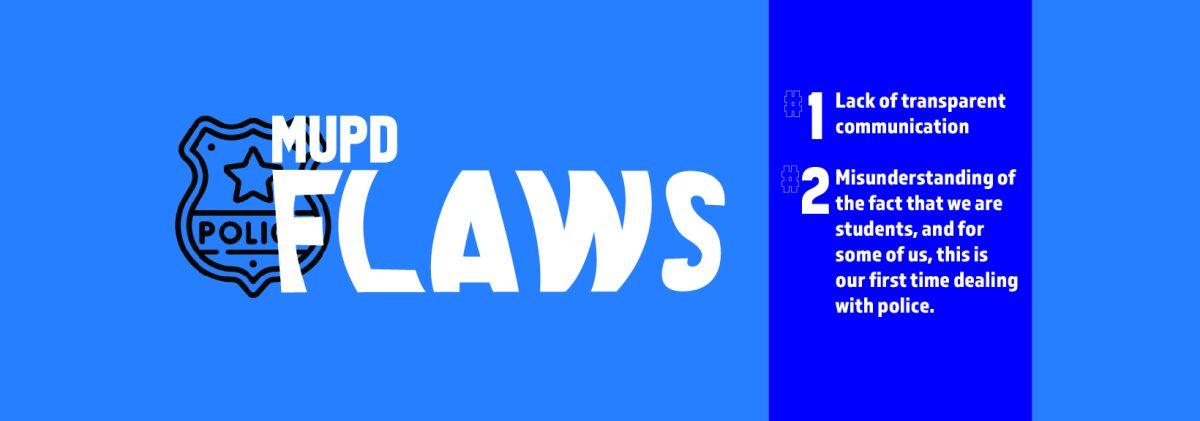Dear Editors:
Recent episodes of race-baiting at Speakers Circle disgusted me, as they did many at Mizzou. I am referring specifically to the sign-carrying outsiders who taunted our students and told them repeatedly to “repent.”
To those who would race bait, shout racial slurs or engage in any other sort of hateful discourse that detracts from the conversation our country, state and campus need to have: you ought to be ashamed.
To the students who screamed at the race baiters that they were not welcome at Mizzou, that they were infringing on a space that wasn’t theirs: I feel for you and am as angry as you.
To the Mizzou community as a whole, however, I want to offer some advice from one of my literary heroes that has helped me lately. In his Kenyon College commencement address, now called “This is Water,” David Foster Wallace suggests that in order to deal with the frustrations unique to modern life we need to follow the old liberal arts cliché and “learn how to think.”
Wallace says that learning how to think “really means learning how to exercise some control over how and what you think. It means being conscious and aware enough to choose what you pay attention to and to choose how you construct meaning from experience … You get to consciously decide what has meaning and what doesn’t.”
Inherently, we have to make limiting choices in navigating a cacophonous media landscape, and we should all be more selective in what we devote our sacred attention to. I know some people who have said that social media has only made them feel bad lately, and have been on a cleanse. With social media in particular, it is too easy for people to post things that are meaningless. It is especially easy to spout hate speech from behind a keyboard. Yet even publications I respect have published some utter pablum in the media firestorm that has engulfed our campus. I submit that most of what you can read or watch or listen to out there right now is garbage, and bad for you.
I’m challenging us all to continue participating in the conversation, but to do so in a way that is more substantial. This week, I’m going to read Ta-Nehisi Coates’ “Between the World and Me.” The few hours spent reading this important text on race in America will be more meaningful than a few hours spent reading Facebook or the average blogpost. I am looking forward to being in Coates’ mind in a way that’s more intimate than in some quickly-written post meant to get hate clicks. Wallace would agree.
Let’s engage in the cultural the discourse in a greater way. The race-baiting “discourse” at Speakers Circle lately is not worth any of our time.
With sincerity,
Anthony Meyer,
[email protected]











